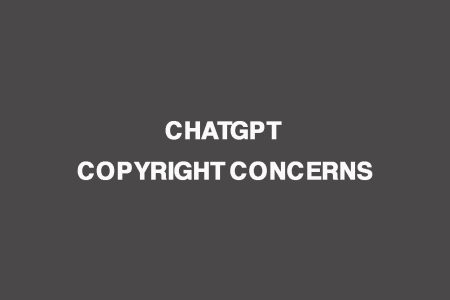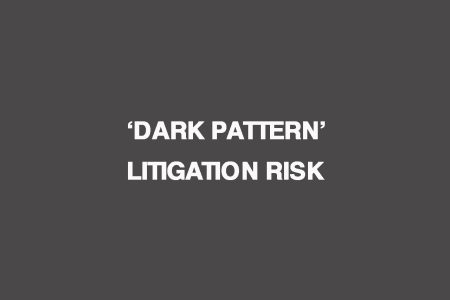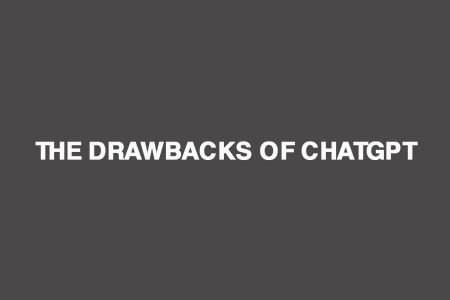Publications Information
Description
Following my post on last Friday regarding OpenAI’s ChatGPT, I have read an article via https://lnkd.in/d7z9Gk-x of which I found appealing in view of ChatGPT’s opinion w.r.t. its copyright implications. They have asked ChatGPT to: “Write a blog post about the copyright implications of ChatGPT.” and he gave the following response. I shall admit that he is honest and does not claim irrefutable ownership over the contents that he will be producing. However, he comes up with reasonable distinctions and requirements that may render him ownership over his content despite the debates over his legal capacity for ownership. More importantly, he admits the fact that his content may not be truly original thus eligible for copyright protection as the content is generated by a machine using pre-existing data:
“As a large language model trained by OpenAI, ChatGPT is an incredibly powerful tool that has the ability to generate human-like text on a wide range of topics. However, like any technology that can produce original content, ChatGPT raises some important questions about copyright.
In general, copyright law protects original works of authorship, such as writing, music, and art. This means that if ChatGPT produces something that is sufficiently original and creative, it could potentially be eligible for copyright protection.
However, there are a few key factors that would need to be considered in order to determine whether or not ChatGPT’s output is eligible for copyright. One of the most important factors is the level of human involvement in the creative process. If a human were to heavily edit or curate ChatGPT’s output, then it’s possible that the resulting work could be eligible for copyright.
Another factor to consider is the question of whether or not ChatGPT’s output is truly original. While ChatGPT is incredibly sophisticated and can produce text that is difficult to distinguish from human-written content, it is ultimately still generated by a machine using pre-existing data. This means that it is unlikely that ChatGPT’s output would be considered truly original, and therefore not eligible for copyright protection.
Overall, while ChatGPT is a powerful tool that has the potential to produce some truly impressive content, the question of its copyright eligibility is a complex one. It’s ultimately up to courts and legal experts to determine whether or not ChatGPT’s output can be protected under copyright law. In the meantime, it’s important for users of the technology to be aware of the potential legal implications of using it to generate original content.”





